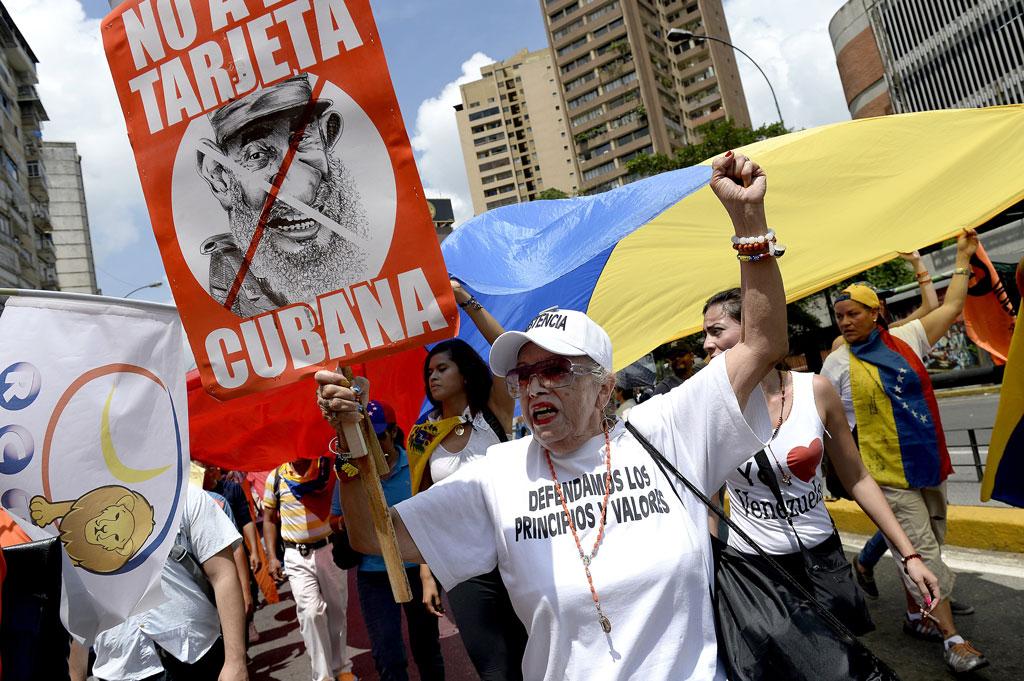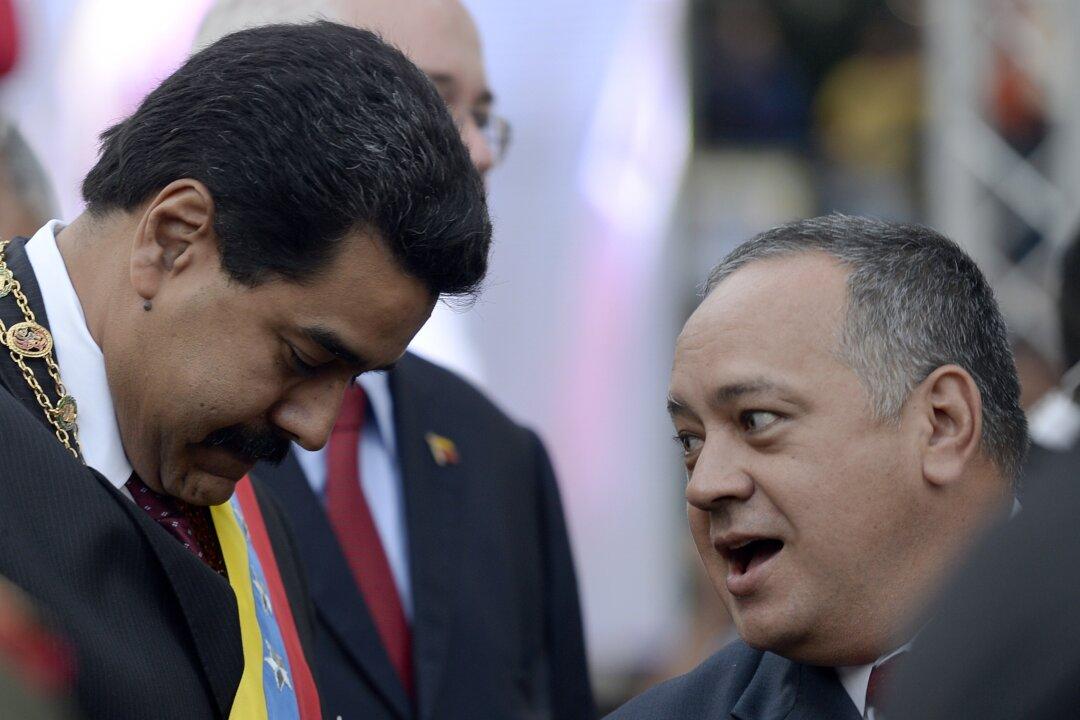With the Venezuelan government bracing for violent unrest and trying to ensure the loyalty of its military, the People’s Republic of China has stepped forward with cash and weapons.
The first of four scheduled arms shipments from China, which included armored vehicles, transport trucks, and field artillery, arrived on Dec. 29, 2014.
When the first arms shipment arrived, Venezuelan Defense Minister Vladimir Padrino López expressed his gratitude and support for Venezuelan President Nicolás Maduro. According to IHS Jane’s, a leading intelligence company, he also sent a Twitter message reaffirming the military’s “loyalty to the constitution and the president.”
"Maduro is making sure the military is both well armed and well paid so that they will suppress internal dissent."
, U.S. Army War College

